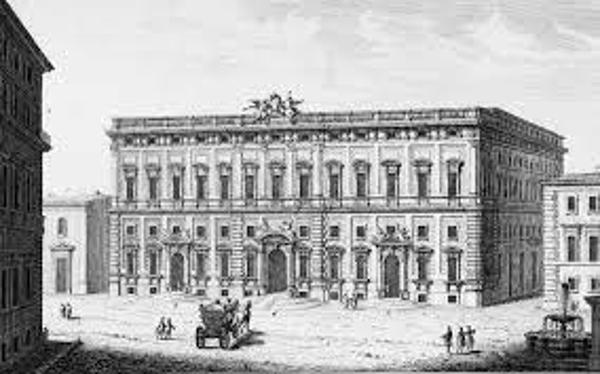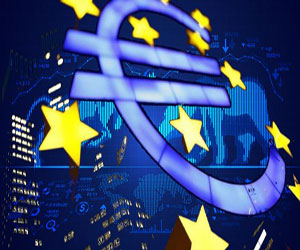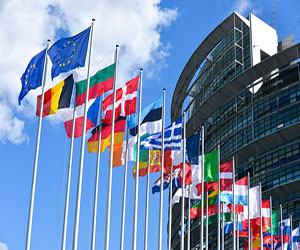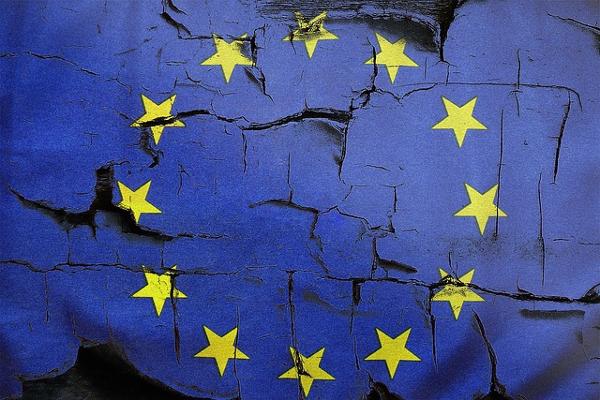An age gap has opened in the political leadership of Europe, a generational cleavage, with countries — think of Austria or Denmark — where the average age of political leaders has decreased. Even in Sweden, where the prime minister, Stefan Lofven, is not young, the new entries of Swedish politics are quite young. Think of Jimmy Akesson, or the Christian Democrats of Ebba Busch. Or think of Sylvi Listhaug serving as the leader of the Progress Party of Norway since 2021. Austria and Denmark are an interesting case, where we have the two youngest Heads of Government in the history of their countries. But we can use other examples, countries where we see the emergence of a youthful political elite in a continent (Norway included) in which youth in politics has long suffered a significant underrepresentation.
To be sure, the language of this young generation of leaders is similar. Each generation has its own tropes and metaphors, people of the same age watched the same tv shows, treasure memories of the same summer camps, they bought the same records, watched the same films, travelled to the same places. Have possibly a certain idea of Europe… But if you think of the generation of Sebastian Kurtz or Ebba Busch, but also of leaders who are a little older, like the prime ministers of Denmark and Belgium, an idea of Europe does not seem to register with them… it is not that they are anti-European, no, I believe that we may argue a different case, that they have no European memory.
The post-war recovery plan and then the treaties of the 1950s were the experience of a generation of European (and pro-European) leaders who are no longer there, a generation that was apparently incapable of creating a working mythology, an intimate and persuasive success-story. The experience of the new leaders is different, apart from the Erasmus and the frenzy of the early 2000s to enlarge the EU, they do not recall anything great, and they do not even seem to recall what their precursors were keen to bequeath. This is all rather speculative, I reckon, but I am not arguing that these leaders share a particular ideological or political orientation, although they do have something in common. For they not only have no memory of anything European, they also derive their strength precisely from this: that memory, especially the memory of the formidable resurrection of Europe in the post-war period, is no longer a beacon or a blueprint. They do not seem to share a sense of things past, a madeleine-like experience that may recall memories that “were either obliterated or had been so long dormant as to have lost the power of expansion which would have allowed them to resume their place in [their] consciousness” (M. Proust, In Search of Lost Time: Swann's way)). To be sure, unlike the older generation of European leaders — who made normative use of both memories and the past — this generation believes that only the whim and opinion of the hoi polloi is normative.
And all this makes me think of a 1992 novel by John Updike, Memories of the Ford Administration, and this line occurred to me, “the more I think about the Ford Administration, the more it seems I remember nothing”. This new generation of leaders thinks and talks like this character, and the making of Europe looks to them like the Ford administration appeared to Alf Clayton, the protagonist of the novel.
Maybe the reason why Europe has lost the aura and status of the early treaties is that there is no one — oracle or moral celebrity — to remind us of this glorious past. In the last century there were still some noble fathers like Bobbio and Habermas, with memories of “persecution and resistance” (Mary Douglas), of shared values, of a rationale for Europe. Habermas still lives. His weight in public discourse, though, is irrelevant, and the last time he spoke in public was right before the 2013 general election in Germany, when he wished the AfD — a party in the youthful hands of Alice Weidel, its leader in the Bundestag — to win.
The same goes for Austria. Think of Thomas Bernhard and think how weird it is to see that Bernhard and Kurtz are nationals of the same country. And Kurtz was born in the same year when Bernhard published Ausloeschung, his last novel. The paradox here is that Austria, if we examine its political discourse, is a country where political parlance has simplified to a point of no return, and I am not surprised that Bernhard has not been in the program of the Volkstheater in Vienna since 2015. Maybe we should wonder how it can be possible to be a politician in Austria; with someone like Bernhard behind, it is much better to remove everything, to repress everything, and live “attached to the peg of the moment” (F. Nietzsche, On the Use and Abuse of History for Life). Just like Kurtz.
The impression is that today remembering is superfluous, if not even disturbing. And it is for this reason that these young and forgetful leaders enjoy a competitive advantage, in a world where memory is the liability. And I am reminded of an interview of Milan Kundera some twenty years ago, in which he described “the infantocracy and infantolatry that illuminate with their foolish smile the coldness of the age of technology” (M. Kundera, “Il mondo si chiama Cacania”, in La Repubblica 13/02/1999).
Let us now take a look at America, a continent that in 1865 surfaced from the civil war deeply divided, with no common identity, or sense of purpose, or common value system, with vague memories of the founding fathers, a political experiment that could not possibly be considered successful, given the disastrous outcome of the civil war. And what happened after 80 years? The US had a film industry capable of generating an imaginary (and therefore, a nation), the NBA, abstract expressionism, rock music, the Walt Disney Studios, and that formidable architect of the American imagination who had turned up in America as a child. His name was Francesco Rosario Capra and was born in a small village near Palermo in 1897. He landed, as a poor immigrant, in New York at age 5, and at 37 he shot his first film, It Happened in One Night. And his name was no longer Francesco Rosario, just Frank. Frank Capra.
And there was none of this after the Civil War, and America as we know it, was built on those foundations, over time, without treaties, just with a few amendments to the constitution. And a lot of imagination. For it was certainly not enough to write the constitution for the great American experiment to take its course and pick up momentum. And we may just wonder whether our circumstances are that different, here, in Europe, a place in which we still believe that the democratic deficit is a matter of design, whereas it might be wise to look at what happened in America, and maybe create a serious EU film commission instead of dabbling in technical solutions that seem suitable for endless academic discussions only. During a radio interview some time ago, Nicola Piovani said that if we had a European orchestra, or European theatre companies, perhaps today the foundations of Europe would be more solid, and new political leaders would have something to remember. Something like an idea of Europe, a vague recollection of things past, maybe tasteless, and bland. For “when from a long-distant past nothing subsists, after the people are dead, after the things are broken and scattered, still, alone, more fragile, but with more vitality, more insubstantial, more persistent, more faithful, the smell and taste of things remain poised a long time, like souls, ready to remind us, waiting and hoping for their moment, amid the ruins of all the rest; and bear unfaltering, in the tiny and almost impalpable drop of their essence, the endless edifice of recollection” (M. Proust, In Search of Lost Time: Swann's way).






















